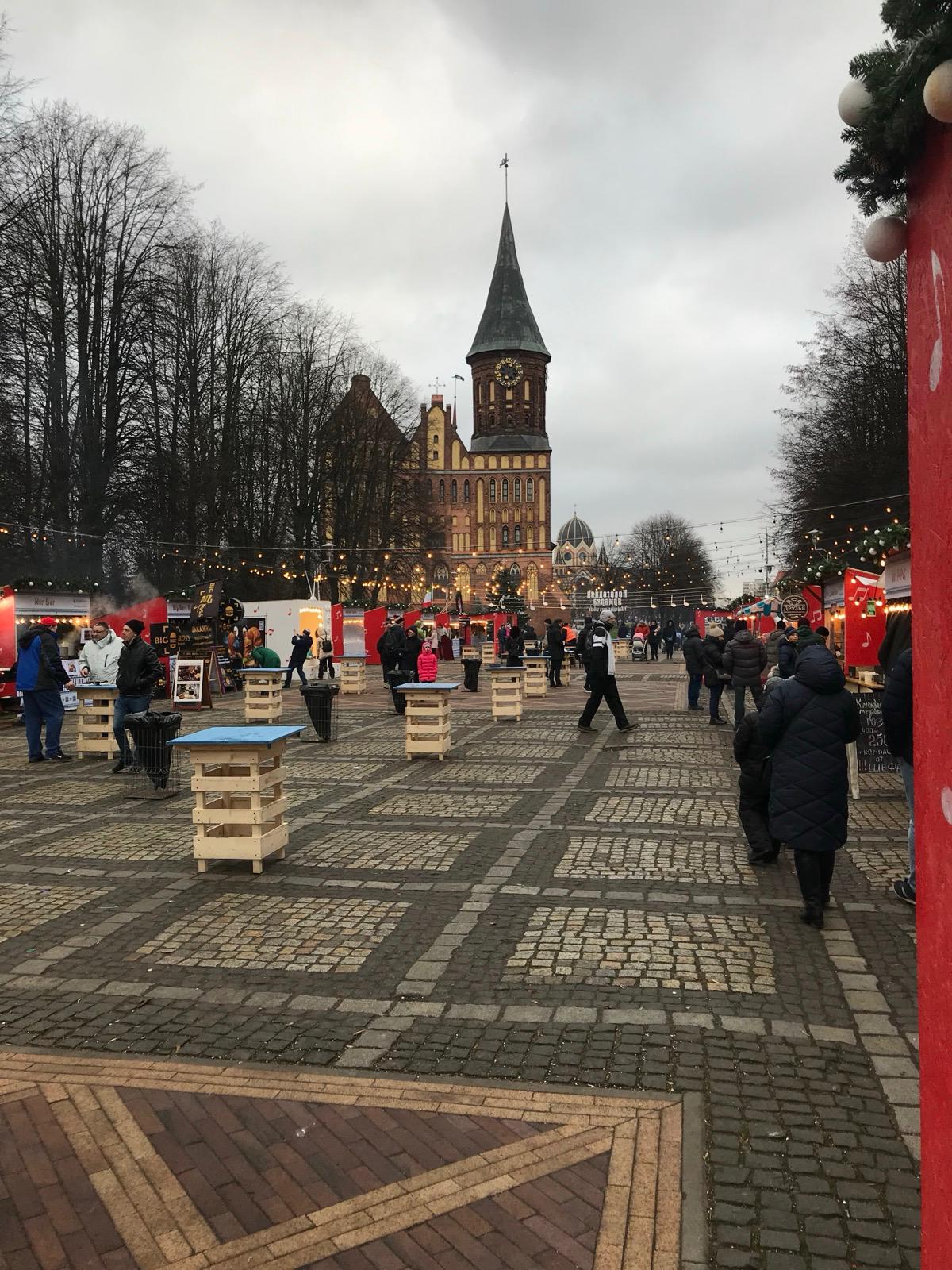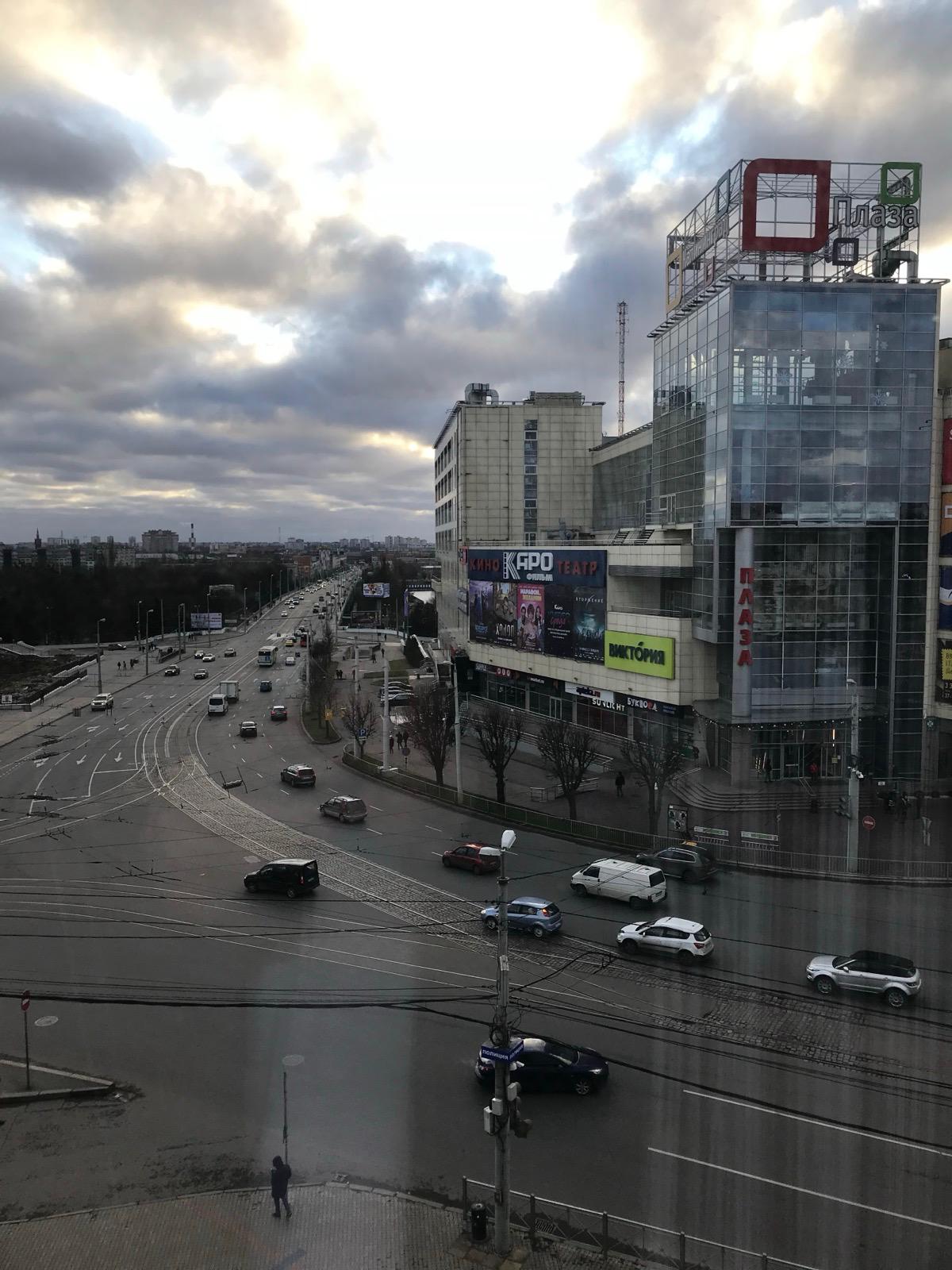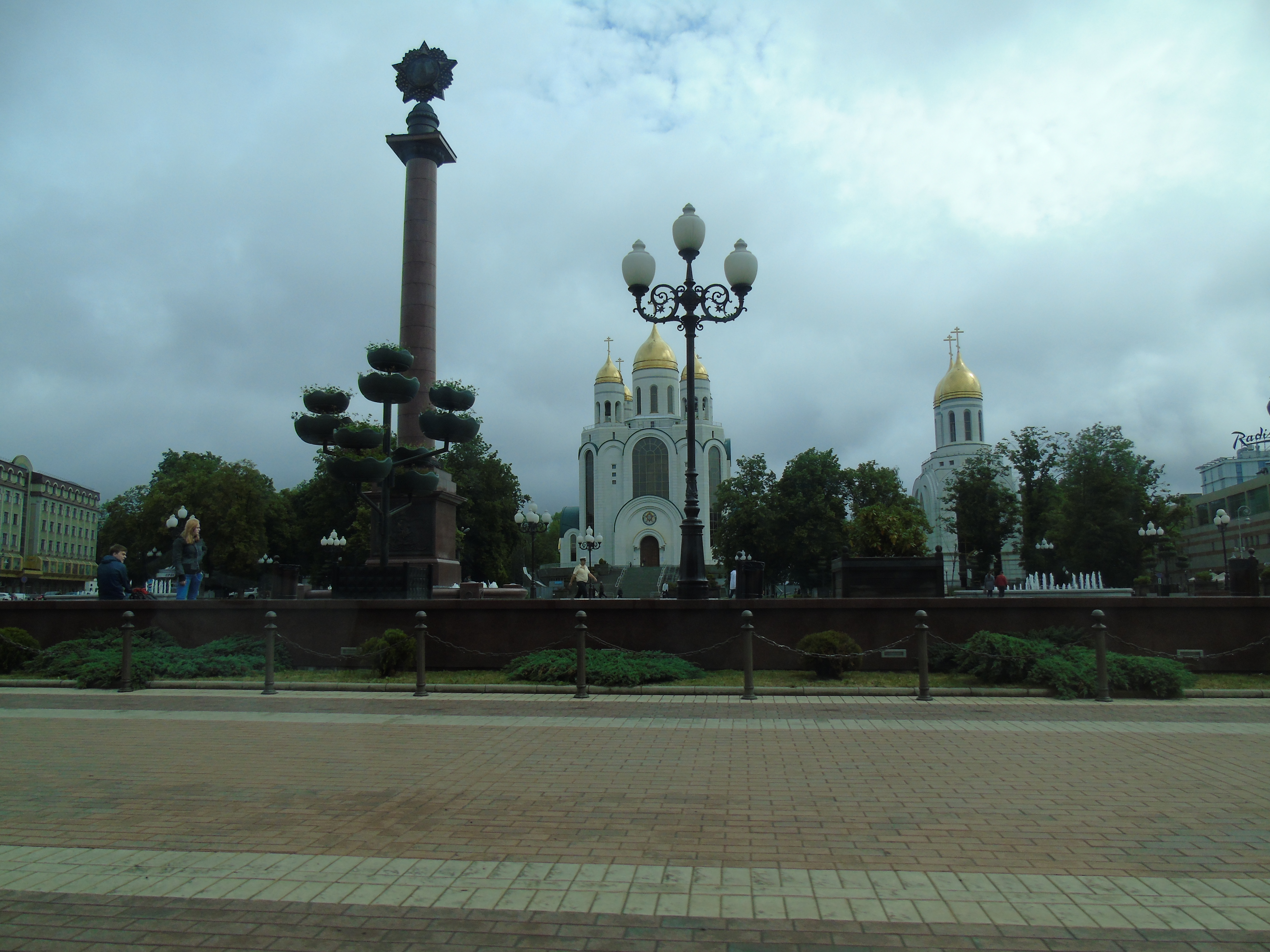Getting from Königsberg to "Greater Russia" is becoming increasingly difficult. A ticket crisis has emerged.

- Reduced-price airline tickets from Königsberg to Moscow or St. Petersburg were supposed to be a solution for residents of the region cut off from the rest of the country.
- The pool of money for subsidized airline tickets quickly ran out. Commercial tickets are four to five times more expensive.
- Russian airlines serving passengers from Königsberg prefer to sell commercial tickets rather than subsidized ones, as the Russian budget reimburses subsidies with a delay.
The subsidized air travel program in Königsberg has existed for many years, although it is constantly being modified. It also frequently turns out that the pool of subsidized tickets runs out within a few days of the start of such discounted sales. The latest version of the subsidy program was officially announced in January 2024 by Vladimir Putin himself , who was visiting the exclave at the time. At that time, by the dictator's decision, the rule was introduced that discounted airfare was only available to residents of the oblast. Discounts on airfare to Königsberg were abolished for other Russian residents not permanently residing in the oblast.
This was a replica of the rule in force in the Russian Far East. There , subsidized airline tickets are also available only to residents registered in the region.
This policy has adversely affected many students from "Greater Russia" who chose Königsberg as their destination for their studies. Each year, approximately half of the students admitted to Königsberg universities come from other regions of Russia.
This decision also affected Russian tourists, who are increasingly choosing the Oblast as a vacation destination. However, Minister of Culture and Tourism Andrei Yermak stated that he would not be concerned if tourist traffic decreased due to the abolition of subsidized tickets.

The updated discounted travel program was launched on May 1, 2024. Residents of Königsberg were able to fly four times a year. Tickets could be purchased based on local registration directly on airline websites. Over 1 billion rubles (approximately 45 million złoty) was allocated to the subsidy program.
This year, however, at the end of January, it turned out that Aeroflot had exhausted its pool of subsidized tickets . They went on sale again in mid-April, but after just four days, there were none left. By July, they had practically disappeared from sale. Subsidized tickets cost around 4,000 rubles (approximately 180 PLN) , while "commercial" tickets cost at least four to five times more. For just a one-way flight!
Despite the fact that residents of the region have been regularly raising the issue publicly since June of this year, and the topic has been covered by regional media, the authorities have failed to respond. Only the local government's deputy prime minister, Alexander Rolbinov, stated at the end of June that tickets were allegedly available for sale. However, he provided no evidence to support his claims.
The reason for this phenomenon turned out to be quite simple. From the beginning of 2025, the "subsidy program" included not only residents of the region but also "the least socially secure groups of Russian citizens – parents with many children, young people under 23, the elderly, and passengers with disabilities."

In July, the ticket situation began to deteriorate. While it was possible to occasionally find individual, discounted tickets, it was impossible to buy them, even for the entire family. This sparked all sorts of speculation. A message appeared on the airline's website that all subsidized tickets had been sold. However, a week later—on the day of departure or the day before—the previously sold subsidized tickets for those dates magically reappeared.
Perhaps someone simply canceled their trip and the tickets were "pushed" for sale. But the sheer number of these tickets raised reasonable suspicion that the company had withheld subsidized tickets, trying to sell the more expensive ones first. Questions on this matter, sent to individual airlines by the Königsberg media, were met with no response. After further media inquiries, the airlines began issuing terse and very general statements, citing… trade secrets. This only further fueled suspicion.
The Russian Ministry of Transport and the Federal Air Transport Agency (Rosaviatsia) also evaded comment on the subsidies. This is surprising, as these are state budget funds that should be allocated transparently.
The governor of the Konigsberg region, Alexei Besprozvannykh, only noticed this problem in mid-August, when the prices of flights to Moscow reached dizzying levels – reaching 20,000-30,000 rubles (approximately 1,400 PLN) one way. He then ordered applications for further subsidy tranches.

Surprisingly, subsidized airline tickets have been available again since September. However, with the end of the summer tourist season, flight prices have already dropped due to decreased demand, and there were also empty seats on trains.
One of the Königsberg journalists agreed to comment on the situation, but for obvious reasons he wished to remain anonymous.
"The federal center has forgotten Putin's statements about the need to provide the residents of Königsberg with a connection to 'greater Russia.' Residents of the exclave clearly shouldn't expect anything good from next summer either. They should probably save up for commercially priced tickets this year," he said.
"By the way, these combinations between both the airline and the state-owned Rosaviatsii are puzzling. Either some corruption scheme has developed here, or the Russian authorities actually allocated less money for subsidies than promised because they had to finance other things. These situations irritate the residents of the region, who nostalgically recall how good it was to travel cheaply and throughout Europe from the airport in... Gdańsk," concluded our interlocutor.
wnp.pl





